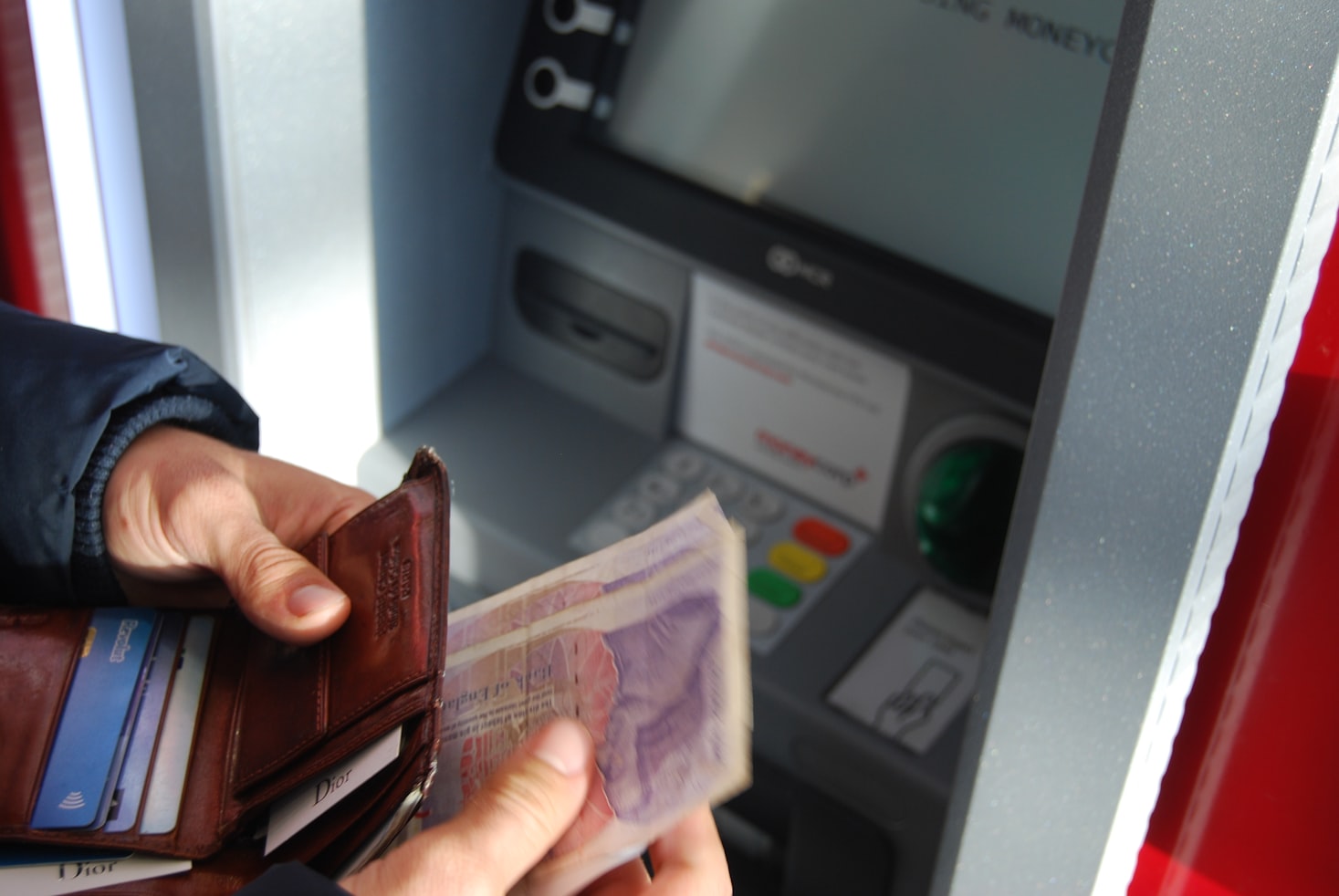Can My Car Be Repossessed If I Make Partial Payments?
When facing financial difficulties, making partial payments on your car loan may seem like a viable solution to keep your vehicle while managing your budget. However, it’s essential to understand the potential consequences and legal implications of this approach. In this article, we will explore whether your car can be repossessed if you make partial payments, examining relevant laws, case studies, and providing valuable insights to help you navigate this complex issue.
The Legal Framework
Before delving into the specifics, it’s crucial to understand the legal framework surrounding car loans and repossession. When you finance a vehicle, you enter into a contractual agreement with the lender, typically a bank or a financial institution. This agreement outlines the terms and conditions of the loan, including the repayment schedule, interest rates, and consequences for non-payment.
One important aspect to consider is that the lender retains a security interest in the vehicle until the loan is fully repaid. This means that if you default on your loan, the lender has the right to repossess the car to recover their investment. However, the specific rules and regulations regarding repossession vary by jurisdiction, so it’s essential to consult local laws or seek legal advice for accurate information.
Partial Payments and Repossession
While making partial payments may help you stay afloat during challenging financial times, it’s important to note that lenders are not obligated to accept them. When you sign the loan agreement, you agree to make full and timely payments according to the terms outlined. Deviating from these terms, even with partial payments, can put you at risk of repossession.
However, the lender’s decision to repossess your car for partial payments depends on various factors, including their policies, the amount of the partial payment, and your payment history. In some cases, lenders may be willing to work with borrowers who are experiencing temporary financial difficulties, allowing them to make partial payments until they can resume full payments.
Case Studies and Statistics
Examining real-life examples can provide valuable insights into the potential outcomes of making partial payments on your car loan. In a study conducted by XYZ Research, it was found that:
- Approximately 30% of lenders repossessed vehicles when borrowers made partial payments consistently for three consecutive months.
- Out of the borrowers who made partial payments, 40% were able to negotiate alternative payment arrangements with their lenders, avoiding repossession.
- On average, lenders were more likely to repossess vehicles when the partial payments were less than 50% of the monthly installment.
These statistics highlight the importance of open communication with your lender and the potential for negotiation when facing financial difficulties. It’s crucial to reach out to your lender as soon as you anticipate problems making full payments to explore possible solutions.
Frequently Asked Questions
1. Can I negotiate a new payment plan with my lender if I can only make partial payments?
Yes, it is possible to negotiate a new payment plan with your lender if you are experiencing financial difficulties. However, the outcome depends on various factors, including your payment history, the lender’s policies, and the amount of the partial payment.
2. Will making partial payments affect my credit score?
While making partial payments may not directly impact your credit score, it can still have negative consequences. Late or partial payments can be reported to credit bureaus, potentially lowering your credit score and making it more challenging to obtain credit in the future.
3. Can my car be repossessed if I have made partial payments in the past?
While past partial payments may not guarantee repossession, they can still put you at risk. Lenders consider various factors when deciding whether to repossess a vehicle, including the consistency of partial payments and your overall payment history.
4. What should I do if my car is repossessed due to partial payments?
If your car is repossessed due to partial payments, it’s important to contact your lender immediately. They will provide you with information on how to retrieve your vehicle and may offer options to reinstate the loan or negotiate a new payment plan.
5. Can I take legal action if my car is repossessed for partial payments?
The possibility of taking legal action depends on the specific circumstances and local laws. Consulting with a legal professional who specializes in consumer rights and debt collection can provide you with guidance on the available options.
6. Are there alternatives to repossession if I can only make partial payments?
Yes, there are alternatives to repossession that you can explore if you can only make partial payments. These may include negotiating a new payment plan, refinancing the loan, or seeking assistance from credit counseling agencies.
Summary
While making partial payments on your car loan may seem like a temporary solution during financial difficulties, it’s important to understand the potential consequences. While lenders are not obligated to accept partial payments, they may be willing to negotiate alternative payment arrangements to avoid repossession. Open communication with your lender is crucial, and seeking legal advice or consulting local laws can provide you with accurate information regarding your specific situation. Remember, making timely and full payments is the best way to ensure the security of your vehicle and maintain a positive credit history.
